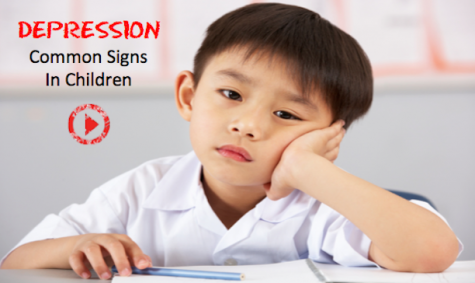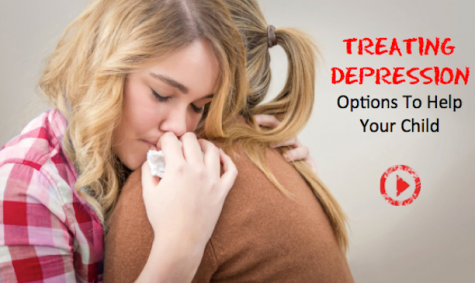
|





|





| |
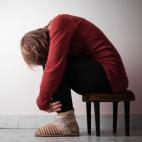
Every year, one in five females and one in seven males engage in self-injury. These statistics show that this troubling phenomenon is a real and present danger in our society. As a parent, it’s important to learn how to notice the signs of depression and self-harm and also know how to handle the situation. Kids In The House interviewed psychologists to help you and your family cope with this situation. Psychologist Wendy Lader explains that it can be really hard for parents to notice the signs of self-harm at first. Kids can become masters at hiding it. Dr. Lader encourages parents to look out for any lines or scars on his or her child’s arms or legs. “Also, sometimes kids have stashes with things that they can hurt themselves with and they will keep it in their bathroom or the bedroom,” she explains. “If you come across a razor or scissors in a strange place, you might want to wonder about that.” Another important sign is if you find bloody tissues in the trashcan. When you do start to notice these things, Dr. Lader says it’s important to talk to them right away rather than to ignore it and hope it goes away. Self-harming can also be linked to childhood depression. Psychologist Alan Yellin explains that there are frequent signs a child will exhibit when they are suffering from depression. He explains that irritability, difficulty sleeping, low frustration tolerance, and a decrease in appetite are all signs your child may be depressed. “And the other thing that I look for in general is I try to assess the happiness levels of a child,” he says. “Does the child seem like a happy child? Do they get joy in watching a movie or going to a friend’s house, or do they just seem like they’re not a happy camper?” All of these things will give parents an indication of whether or not their child is depressed. If you do think your child is depressed and self-harming, it is important to get them help. “If you suspect that your child is injuring, it’s important to get an assessment and some help,” says Lader. She encourages parents to get referrals of therapists from the child’s pediatrician. "Most children get better when they go to therapy," says Dr. Yellin. “I think there is something about giving them a safe place to come and talk about how they feel that once the child does that, they don't feel so lonely in their sadness and depression.” Dr. Yellin also explains that it may be important to consider whether or not your child is a candidate for medication. The topic of medication is important to discuss with a pediatrician or child psychologist. Lastly, no matter what it is important to continually reiterate to your child that you love and support them. They need to hear and feel that love constantly in order to help them get better. Is your child self-harming and you still have questions? Join us tomorrow at 1:30pm PST for “The Truth About Depression & Self-Harm: What Every Parent Needs To Know” a Google Hangout hosted by Kids In The House. Psychologist Wendy Lader will be answering your questions live. Click here to RSVP and ask your questions.
Do you have questions you want to ask our experts?Join us tomorrow at 1:30pm PST for “The Truth About Depression & Self-Harm: What Every Parent Needs To Know” a Google Hangout hosted by Kids In The House. Psychologist Wendy Lader will be answering your questions live. Start tweeting your questions with the hashtag #KITHangout! |
  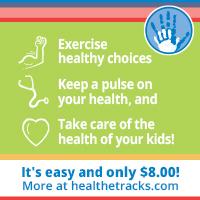      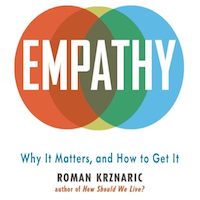  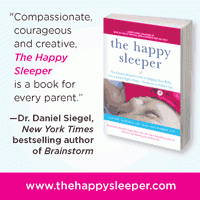 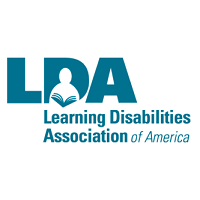 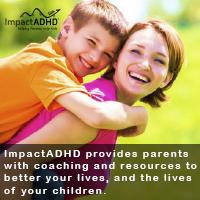 
|
||||||||
|
|||||||||
Copy and Paste Newsletter Code Box (HTML)
Click the box below and press Ctrl C (PC) or Command C (Mac) - Generate PRINT Version








